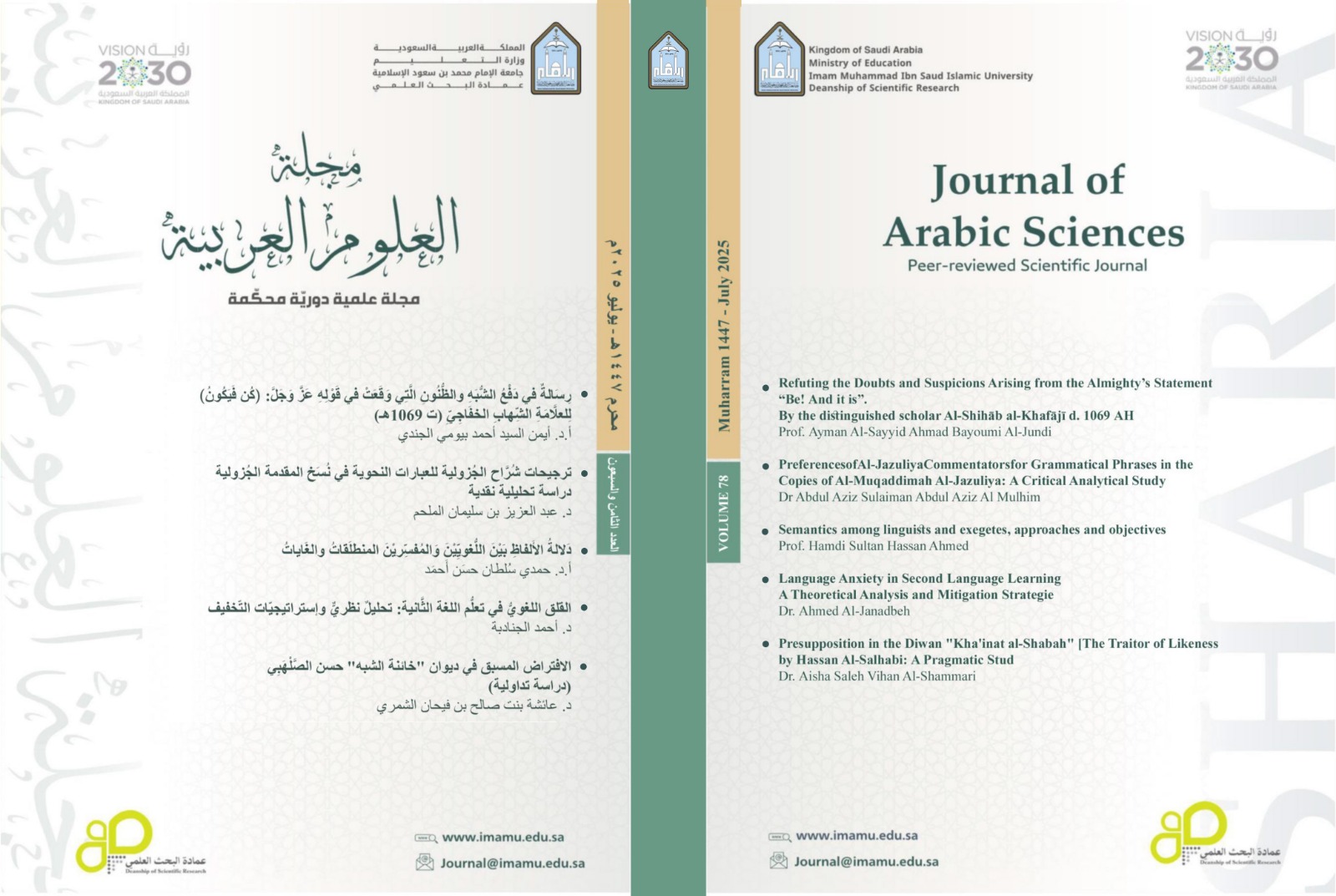Language Anxiety in Second Language Learning: A Theoretical Analysis and Mitigation Strategie
Keywords:
Language anxiety, second language learning, language acquisition, learning theories, psychological factorsAbstract
Language anxiety is a significant psychological factor that hinders second language acquisition by affecting self-confidence and causing fear of language use. This study explores the impact of Language anxiety on second language learners and examines strategies to mitigate its effects.
Using a descriptive-analytical approach, the study analyzes Language anxiety through three psychological linguistic theories: the Affective Filter Hypothesis, the Interaction Hypothesis, and the Sociocultural Theory. By reviewing previous relevant literature, the study identifies the main factors contributing to language anxiety and the most effective strategies for addressing it.
The findings indicate that language anxiety negatively influences linguistic and communicative competence, making language learning more challenging. However, supportive learning environments, social interaction, and well-structured teaching strategies play a crucial role in reducing anxiety and enhancing learners' confidence. The study recommends implementing interactive teaching methods such as group work and discussions to create an engaging and low-anxiety learning environment, ultimately improving language proficiency among second language learners.




